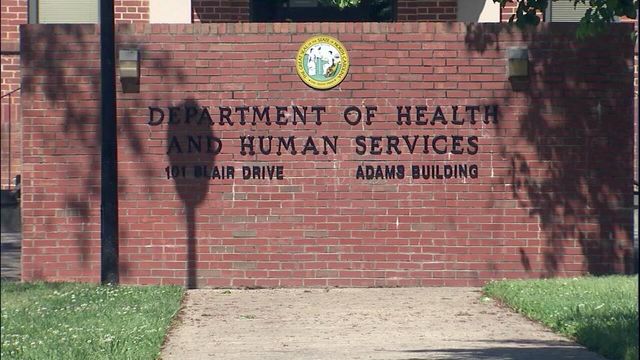Three at UNC Hospitals being treated for Enterovirus D68
The North Carolina Department of Health and Human Services says it has confirmed the presence of enterovirus D68, or EV-D68, in six children from North Carolina.
Posted — UpdatedThe North Carolina Department of Health and Human Services had documented six cases of the virus earlier in the week. The specimens that tested positive for EV-D68 were obtained from children ages 10 and under with respiratory illnesses.
DHHS declined to release specific information about the children, including their county of residence or hospital, in order to protect their identities.
Enteroviruses are common viruses that can cause a range of symptoms, including runny nose, coughing, mouth sores, fever and body aches. Some patients also develop wheezing and difficulty breathing.
DHHS says there are more than 100 types of enteroviruses and 10 to 15 million infections across the U.S. each year.
"The confirmed cases were located in different parts of the state, so it is important for everyone to take necessary actions to protect yourself from EV-D68 and other respiratory viruses. There are no vaccines and no specific treatments for EV-D68, so prevention is the best option," Dr. Zack Moore, a pediatrician and epidemiologist with the Division of Public Health, said in a statement.
"Enterovirus infections are not generally life-threatening but can sometimes be severe, especially for children with asthma or other underlying respiratory conditions," he added. "If you or your child experience cold-like symptoms and difficulty breathing, contact your health care provider right away."
Enteroviruses are transmitted through close contact with an infected person or by touching objects or surfaces that are contaminated with the virus and then touching the mouth, nose or eyes. Health officials are recommending that people take the following actions to protect themselves from infection:
- Wash hands vigorously and often with soap and water for 20 seconds, especially after changing diapers.
- Avoid touching eyes, nose and mouth with unwashed hands.
- Avoid kissing, hugging and sharing cups or eating utensils with people who are sick.
- Frequently disinfect touched surfaces, such as toys and doorknobs, especially if someone is sick.
Since people with asthma are higher risk for respiratory illnesses, health officials are reminding everyone with asthma to take their medications as prescribed and make sure their asthma is under good control. Health officials are also recommending getting a flu vaccine as soon as possible to help prevent another important cause of respiratory illness that could be going around at the same time.
Since mid-August, EV-D68 has been linked to clusters of respiratory illness in 27 other states, including some illnesses that have been severe.
• Credits
Copyright 2024 by Capitol Broadcasting Company. All rights reserved. This material may not be published, broadcast, rewritten or redistributed.





